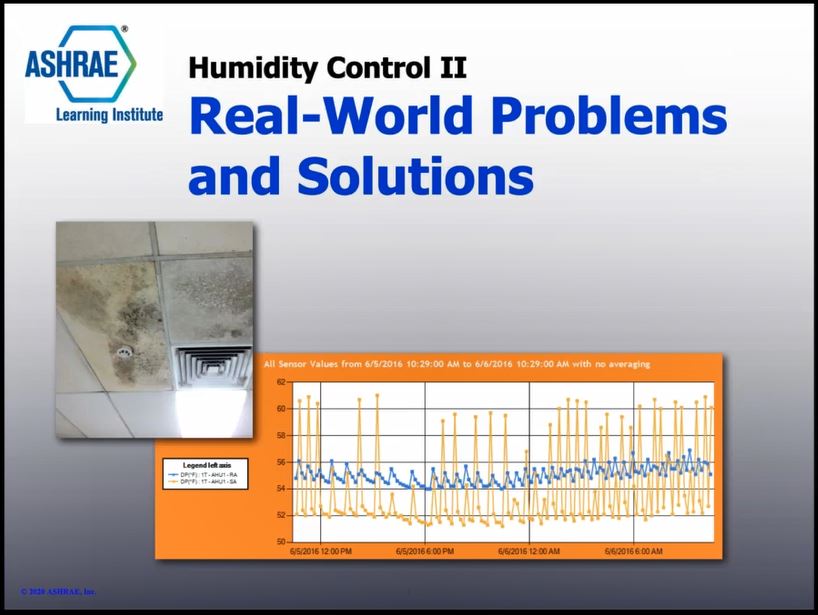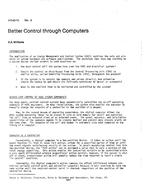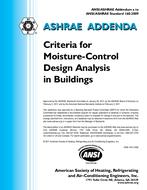In recent years, there has been a trend towards the use of metal-frame construction in both residential and commercial construction as the relative cost of wood to metal continues to increase. There has also been rapid development of new construction technologies where highly conductive structural materials such as metal or concrete are combined with high-performance insulating materials to produce assemblies with complicated networks of three-dimensional thermal bridges. Meanwhile, the dynamic modeling of even conventional concrete and masonry assemblies continues to be problematic. This situation has greatly increased the need for more accurate modeling of multi-dimensional heat flows in composite walls and roofs in hourly simulations. The objective of this research project is to: 1) Identify common building assemblies in walls and roofs. 2) Develop a library of response factors or equivalent properties representative of these common details, which include transient and multi-dimensional effects. 3) Verify the accuracy of the detailed models and response factors (or equivalent properties) against historical data. 4) Develop clear guidelines on how to use these response factors or properties.
Principal Investigator: Stephen Kemp, Enermodal Engineering Limited
Conducted: Sept. 1999 – April 2001
Sponsored by: TC 4.7, Energy Calculations
Product Details
- Published:
- 2001
- File Size:
- 1 file , 3.6 MB
- Product Code(s):
- D-8241


